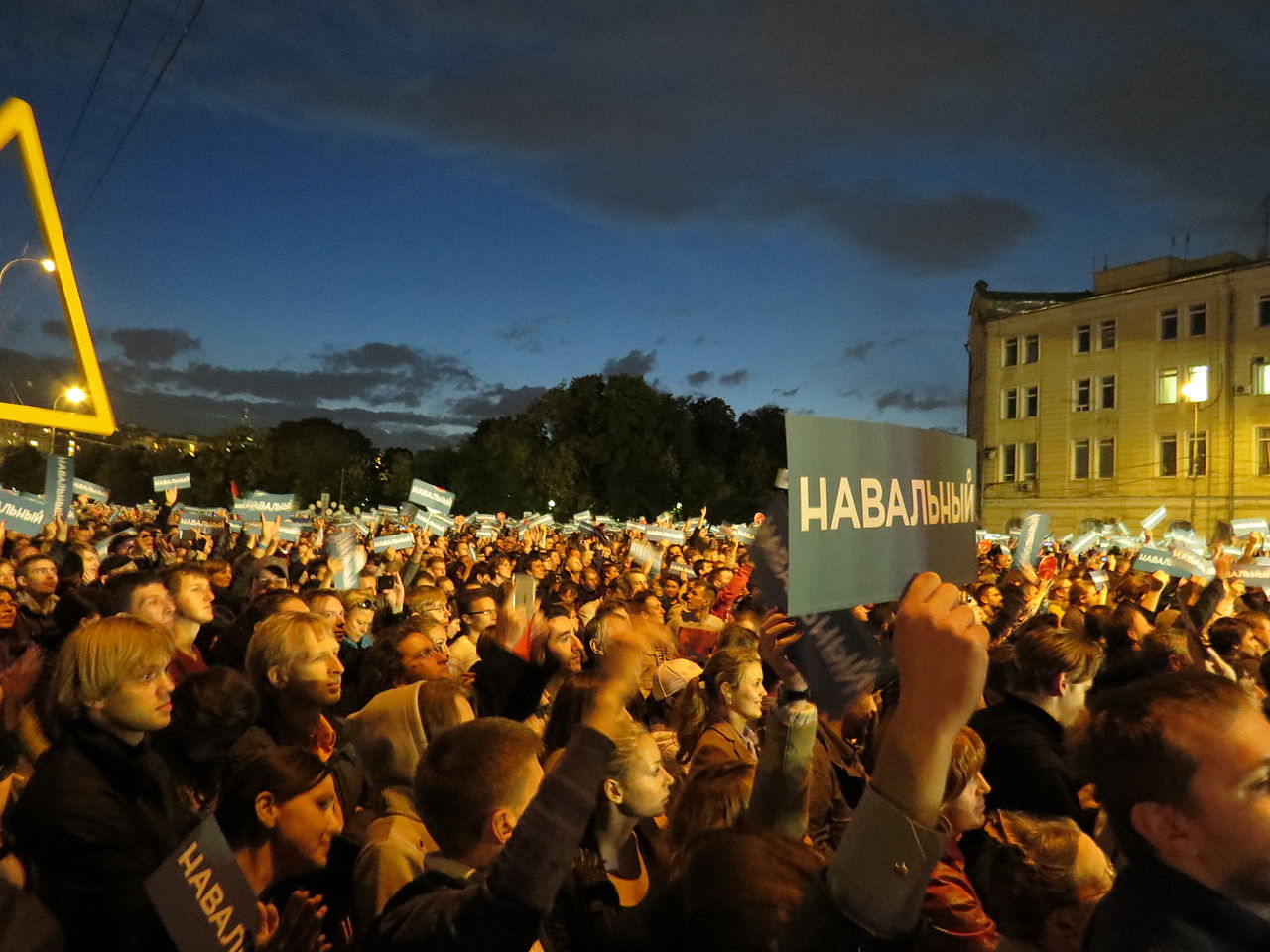The politicisation of Russian youth
After the protests on the Maidan in Ukraine, the “electro-Maidan” in Armenia and especially Russia’s anti-corruption rallies in the spring and summer of last year, a debate about a new generation of post-Soviet youth has flared up in the media. Is it true that this new generation is more radical than the previous one? Why didn’t young people participate in politics before? How can we describe the life of the modern post-Soviet youth and are they able to finally build a democratic civil society in the post-Soviet space?
January 2, 2018 -
Svetlana Erpyleva
-
Hot TopicsIssue 1 2018Magazine

Photo: Putnik (CC) commons.wikimedia.org

































